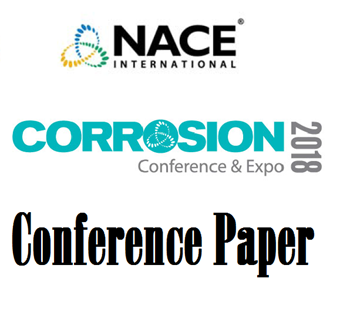Search
03710 INTERFERENCE TESTING AND CASE HISTORIES
Also Purchased
51318-10656-CP Interference - Interference Testing and Mitigation of Interference Issues
Product Number:
51318-10656-SG
Publication Date:
2018
$20.00
02111 NEW CP CRITERIA FOR ELIMINATION OF THE RISKS OF AC CORROSION AND OVERPROTECTION ON CATHODICALLY PROTECTED PIPELINES
Product Number:
51300-02111-SG
ISBN:
02111 2002 CP
Publication Date:
2002
$20.00
04192 Integrity Assessment of Pipeline Networks Through Close-Interval Potential Survey
Product Number:
51300-04192-SG
ISBN:
04192 2004 CP
Publication Date:
2004
$20.00
Recently viewed




